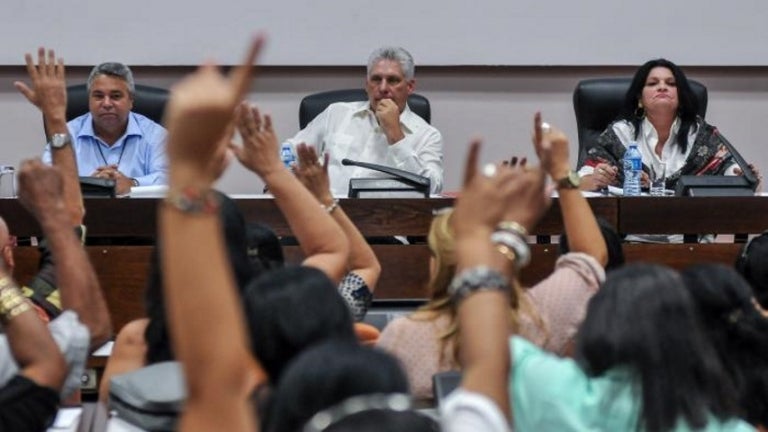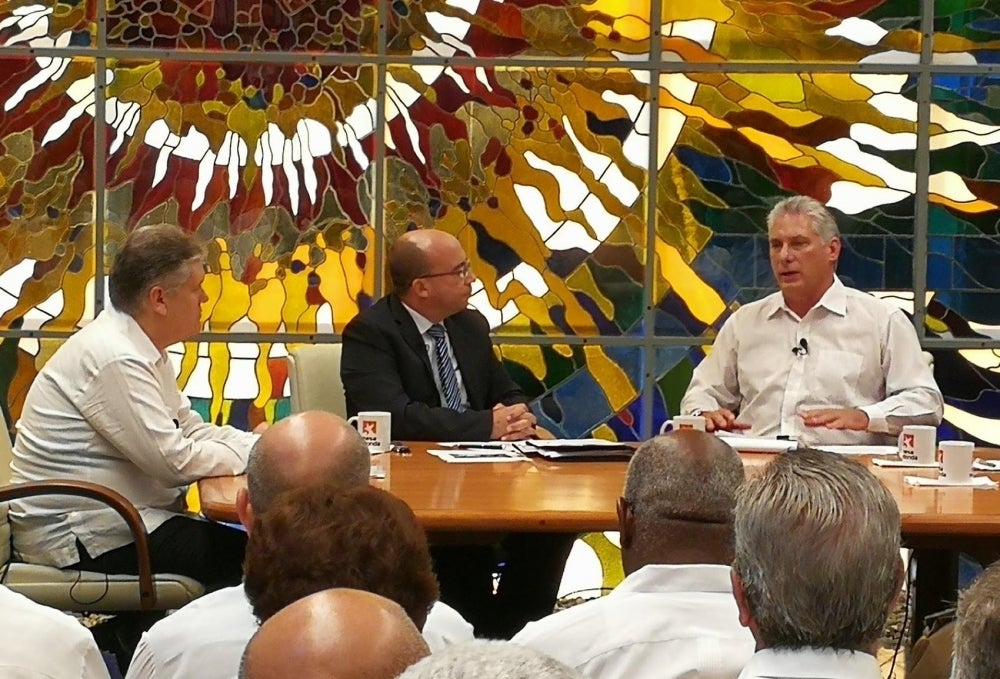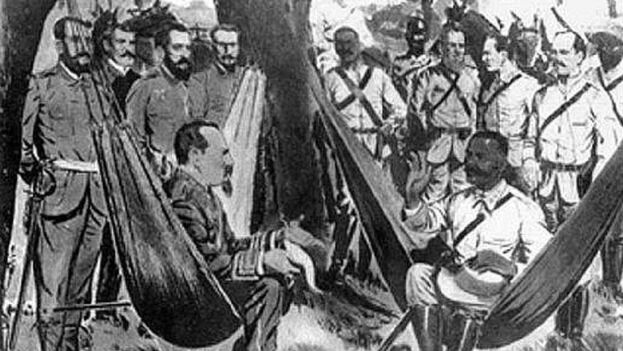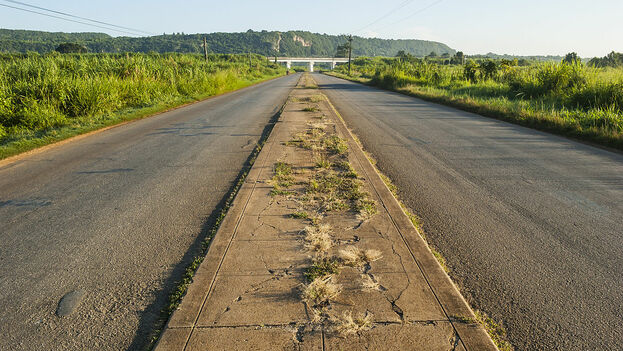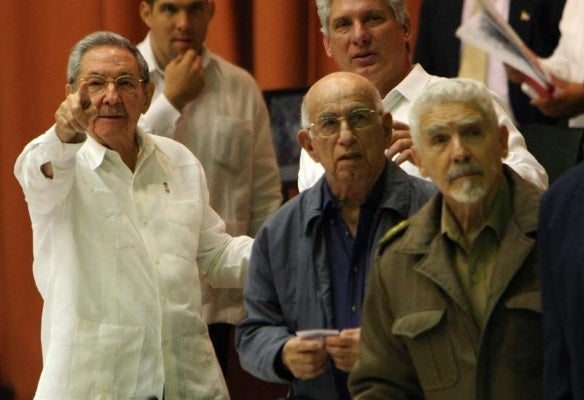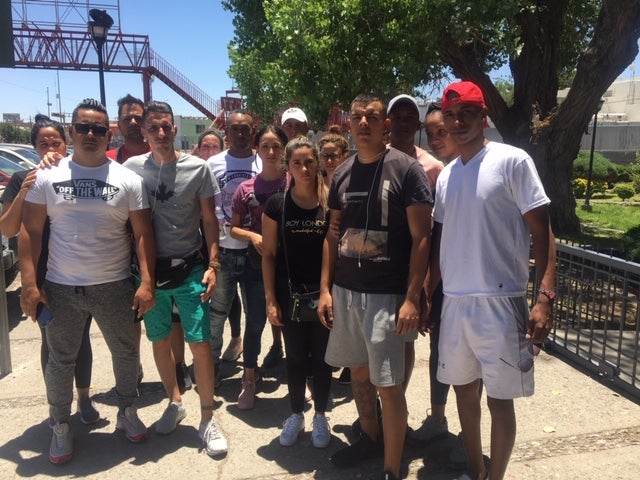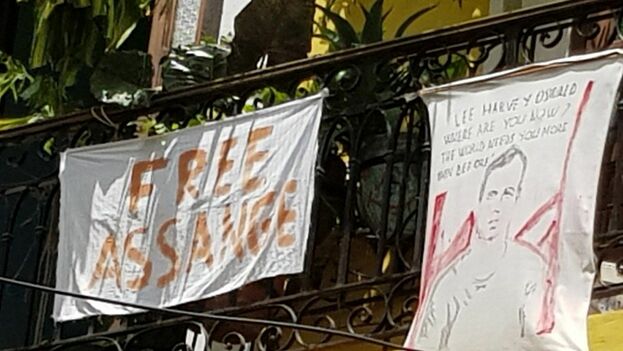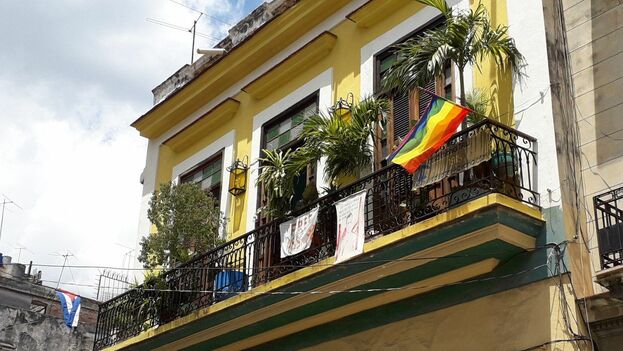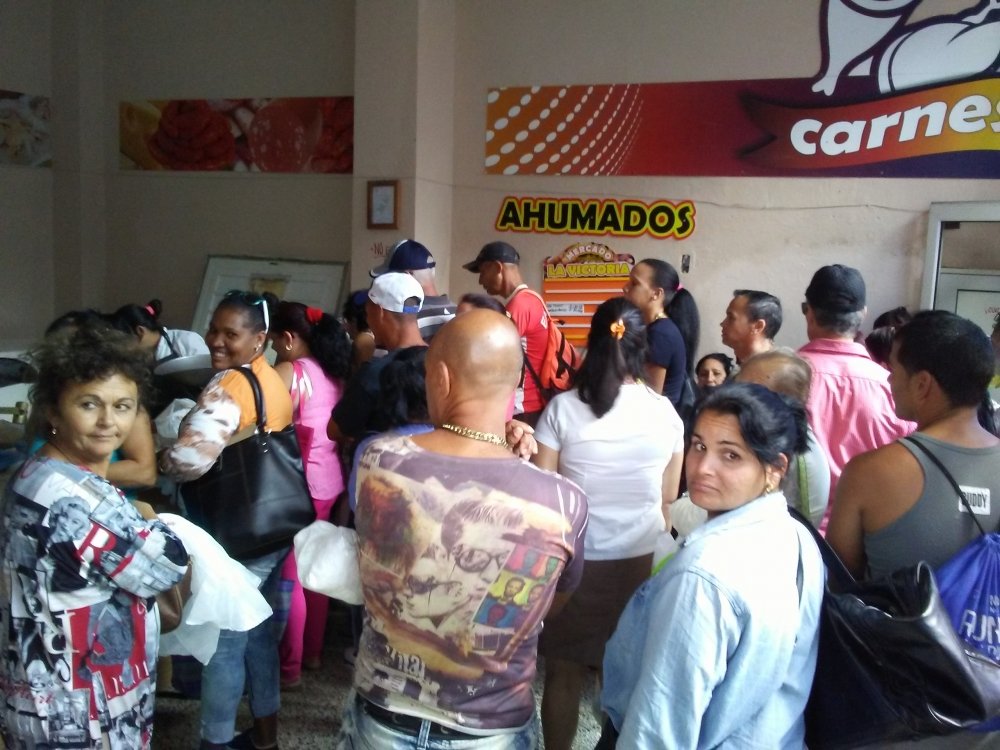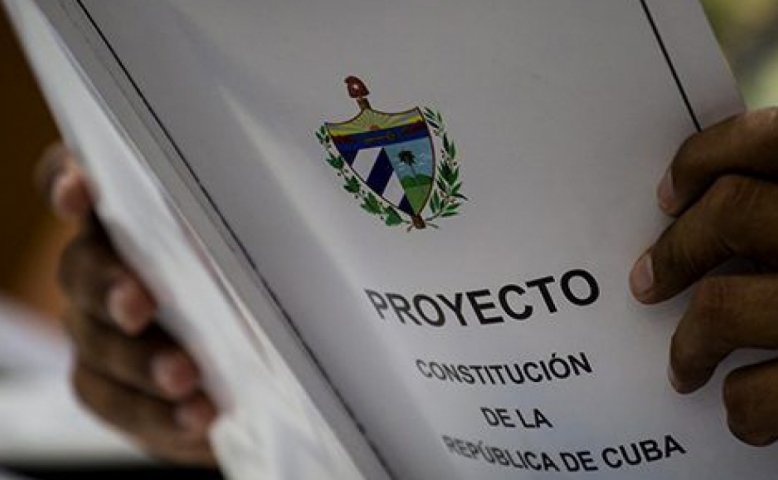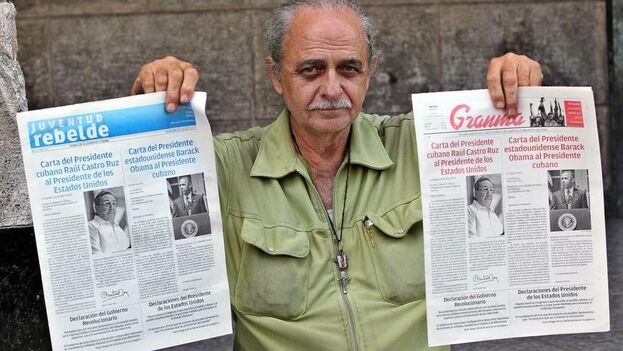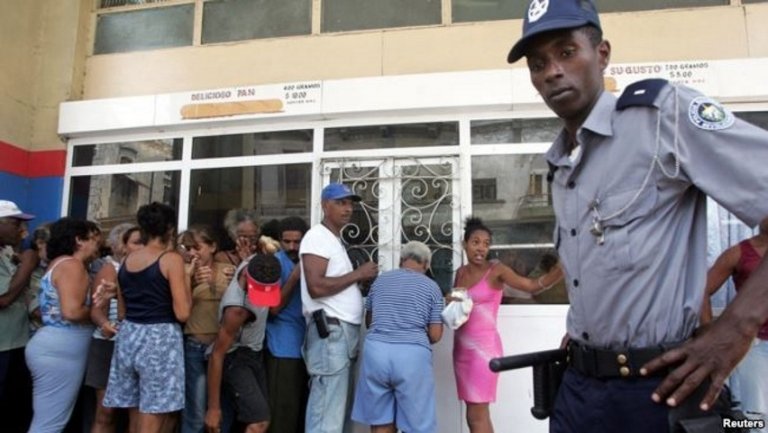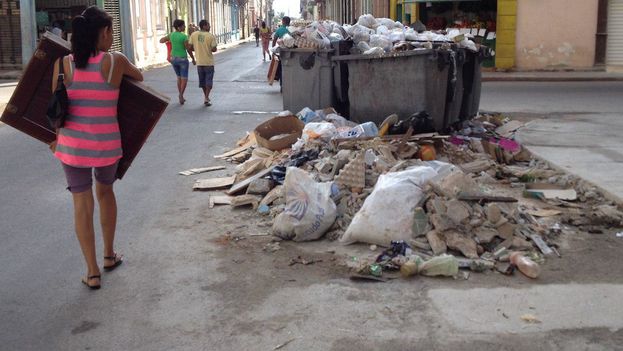
14ymedio, Miriam Celaya, West Palm Beach | 4 October 2019 — Although health authorities have never declared it a national epidemic, it is no secret to anyone that dengue fever has not only become endemic throughout the Island — with recurrent outbreaks that tend to get worse every summer — but that statistical data on those infected and fatalities who have been infected over the years constitute, to date, one of the Government’s best kept secrets..
As is often the case in a country where information is the property of the political power, the state of the national health landscape is not in the public domain and the population can only avail itself of its perception to estimate the severity of the infestation.
The state of the national health landscape is not in the public domain and the population can only avail itself of its perception to estimate the severity of the infestation
A few months ago, frequent fumigations in homes and workplaces, added to door to door medical research in each health area were indicators of a greater or lesser expansion of the epidemic outbreak. This went on mostly in Havana, where the highest rates of infestation accumulate due to population concentration and poor sanitary conditions, especially in the poorest and more densely populated neighborhoods. continue reading
However, in recent weeks fuel shortages have affected fumigation cycles, distorting citizens’ perception of the real extent of the epidemic while leaving an expedited gap for the proliferation of the virus transmitting agent, the Aedes Aegypti mosquito.
Officially reluctant to recognize the existence of the epidemic, the government has abandoned its usual practice of applying punitive actions that brand the population directly responsible for the spread of the disease. On Wednesday, several measures were made public, aimed at punishing those who “contribute, through their actions and negligence to the spread of diseases” with penalties ranging from fines to jail time.
The list of potential offenders is extensive. It covers both those who refuse to allow inspection and fumigation of their homes by agents of the “anti-vector campaign” as well as family doctors who do not carry out health measures on Cuban residents returning from travel abroad, officials who profit from resources intended to eradicate the vector, and a long list that includes patients who refuse to be hospitalized for medical attention.
At first glance, the new measures seem to respond to a government concern for public health in line with the seriousness of the health situation that the capital is going through, but such a perception is misleading. In fact, it only serves to mask, by omission, the responsibility of the State in the proliferation of vectors that seriously affect health, confusing public opinion. Another one among the thousand hidden faces of a silenced epidemic.
Thus, following the practice established six decades ago, the government once more attacks the effects and not the causes. The authorities could assume the responsibilities that relate to them and provide for appropriate collection of solid wastes that accumulate throughout the capital, clean and maintain the sewage system, repair the drains of hydraulic networks and cesspools that proliferate everywhere, prune green areas systematically, create adequate and sufficient hospital conditions and maintain an ambulance fleet capable of meeting the demand for the transfer of patients to hospitals, among other essential provisions.
Instead, the government chooses to prepare, as soon as possible, a long list of potential scapegoats who will, when the time comes, atone exclusively for their own sins and those of the Government.
While diseases, guilt and punishment fall primarily on the population, it must, in addition, weather the storm without even having the conditions to avoid contagion
Another long-standing absurdity established by the authorities is the alleged sanitary control at airports under which only travelers residing in Cuba are required to undergo blood tests, while foreign visitors, national or not, enter the country without submitting to any control. Paradoxically, diseases such as AIDS, Zika, Chikungunya and tuberculosis also entered the country through these airports — as has even the African giant snail, which has now become another unbeatable pest — without, so far, responsibilities having been purged.
While illnesses, guilt and punishment fall primarily on the population, the Cuban people must, in addition, weather the storm without even having access to minimum conditions necessary to try to stay safe from contagion.
While it is public knowledge that it is almost impossible for a large portion of Cubans to get a simple mosquito net for each family member, it is as difficult or more so to create physical window barriers using screens that prevent the insects from entering rooms, or to acquire insecticides to spray homes or repellents to apply on the skin due to the usual shortages in the markets and to the high prices of some of those products, an issue that also depends absolutely on the Government, in those rare instances when they are available.
Cuckolded and beaten, as always happens, Cubans now contemplate helplessly how the maculae of power are again swept under the carpet. Epidemics, deficiencies, sacrifices, repression and punishments remain the guarantees offered by the system. All the same, but worse, in this terribly long Cuban Middle Ages.
Translated by Norma Whiting
__________________________
The 14ymedio team is committed to serious journalism that reflects the reality of deep Cuba. Thank you for joining us on this long road. We invite you to continue supporting us, but this time by becoming a member of 14ymedio. Together we can continue to transform journalism in Cuba.

